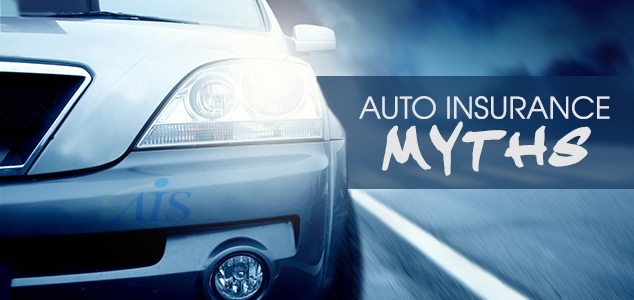“If I purchase a red car will it increase the price I pay for car Insurance?”
This is a common question that many individuals ask when purchasing a car. Surprisingly to some, the answer is no. The color of your car has absolutely no effect on the price you pay on car insurance. Nearly 50% of licensed drivers believe that red cars are a target to police officers, which results in an increase of price on one’s car insurance policy. This could not be farther from the truth. In most cases, an agent or representative of an insurance company will not even ask you what the color of your car is because they already know that it has no negative effect on the car insurance rates.
Insurance agents will most likely request a vehicle identification number (VIN) for the car you want to be insure. A VIN number is like the DNA of a specific car. No two cars have the same number. The VIN allows the Department of Motor Vehicles (DMV) to stay informed of changes in ownership of the vehicle. It also helps the DMV know if there’s been a theft or if the vehicle was involved in a collision. However, it does not provide the color of the vehicle.
The widely believed myth about red cars resulting in high insurance rates originated with sports cars, which are often red. Sports cars require more expensive car insurance but only because they have a much greater chance of being involved in a collision due to risky driving behavior, such as speeding. Car Insurance is not increased because the car is red.
“What Will Increase the Amount You Pay For Your Insurance?”
Let’s face it, nobody likes paying more for their insurance and it’s hard not to because of the many different factors that can increase your policy. One of the most common reasons for an increase are car accidents. An accident claim form is filled out when purchasing insurance that requires a re-rate after being involved in an accident which could potentially increase the cost of insurance.
Another reason most people don’t know will affect their policy is their zip code. Your insurance carrier wants to know where you live because they take into account the level of crime in the area as well as the population of drivers. If you live in an area with a high theft or accident risk, your rate might be influenced to increase.
Changing cars will also result in an increase in rate. Even if you have no record of accidents or violations, purchasing a new car for an older one is more expensive because the repair and replace will cost more. If you take out a loan for your new car then you will have to acquire comprehensive and collision coverage which surprises many people because with an older car, only liability coverage is the minimum requirement that the insurance carrier requests.
The information in this article was obtained from various sources. This content is offered for educational purposes only and does not represent contractual agreements, nor is it intended to replace manuals or instructions provided by the manufacturer or the advice of a qualified professional. The definitions, terms and coverage in a given policy may be different than those suggested here and such policy will be governed by the language contained therein. No warranty or appropriateness for a specific purpose is expressed or implied.



